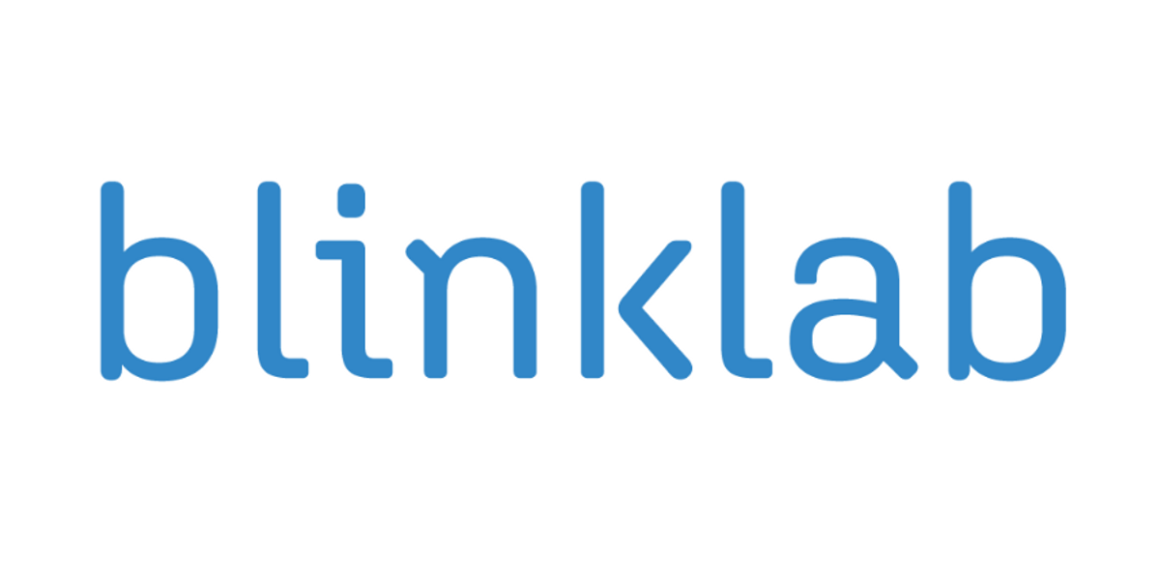Highlights
BlinkLab is proud to bring its innovative neurobehavioral tests to Turning Pointe’s programs. These tests, which can be easily administered via smartphone, are a game-changer in making diagnostic tools more accessible. BlinkLab’s initial focus will be on a pilot program involving students from Turning Pointe aimed at refining and improving the data collection and processing algorithms as well as our AI/Machine Learning models.
Henk-Jan Boele, CEO of BlinkLab commented:
“Our partnership with Turning Pointe is more than just collaboration. It is a major step toward fulfilling our mission to make well-established neurobehavioral testing clinically accessible and efficient. Turning Pointe’s dedication to quality education and support aligns perfectly with our goal of leveraging cutting-edge technology to better understand and assist individuals with autism. We are very excited about the possibilities that this collaboration offers for the advancement of autism diagnosis and care.”
Brian Leedman, Chairman of BlinkLab commented:
“I am excited to see that our first substantive news following our listing a few weeks ago is a collaboration with this prestigious group in the field of autism research in children. I anticipate many more important announcements such as these as we get closer to the commencement of our FDA registration study later this year”.
Study design and experimental setup
Neurobehavioral testing will be performed using the smartphone-based platform developed by BlinkLab. The tests will include general measurement of spontaneous and stimulus-evoked postural, head, facial, and vocal responses along with specific neurometric tests, including the acoustic startle response, prepulse inhibition, long-term habituation, and short-term habituation. Up to two hundred children will participate in the study. During the 15-minute smartphone evaluations, the children will watch an audio-normalized movie while the trials containing the auditory stimuli will be delivered via headphones. For each trial, computer vision algorithms will be used to track and record the position of the participant’s facial landmarks over time. The study will be performed in accordance with relevant guidelines and regulations and study protocol was reviewed and approved by the institutional review board of Princeton University (#13943) and Turning Pointe Autism Foundation.


Leave a Reply